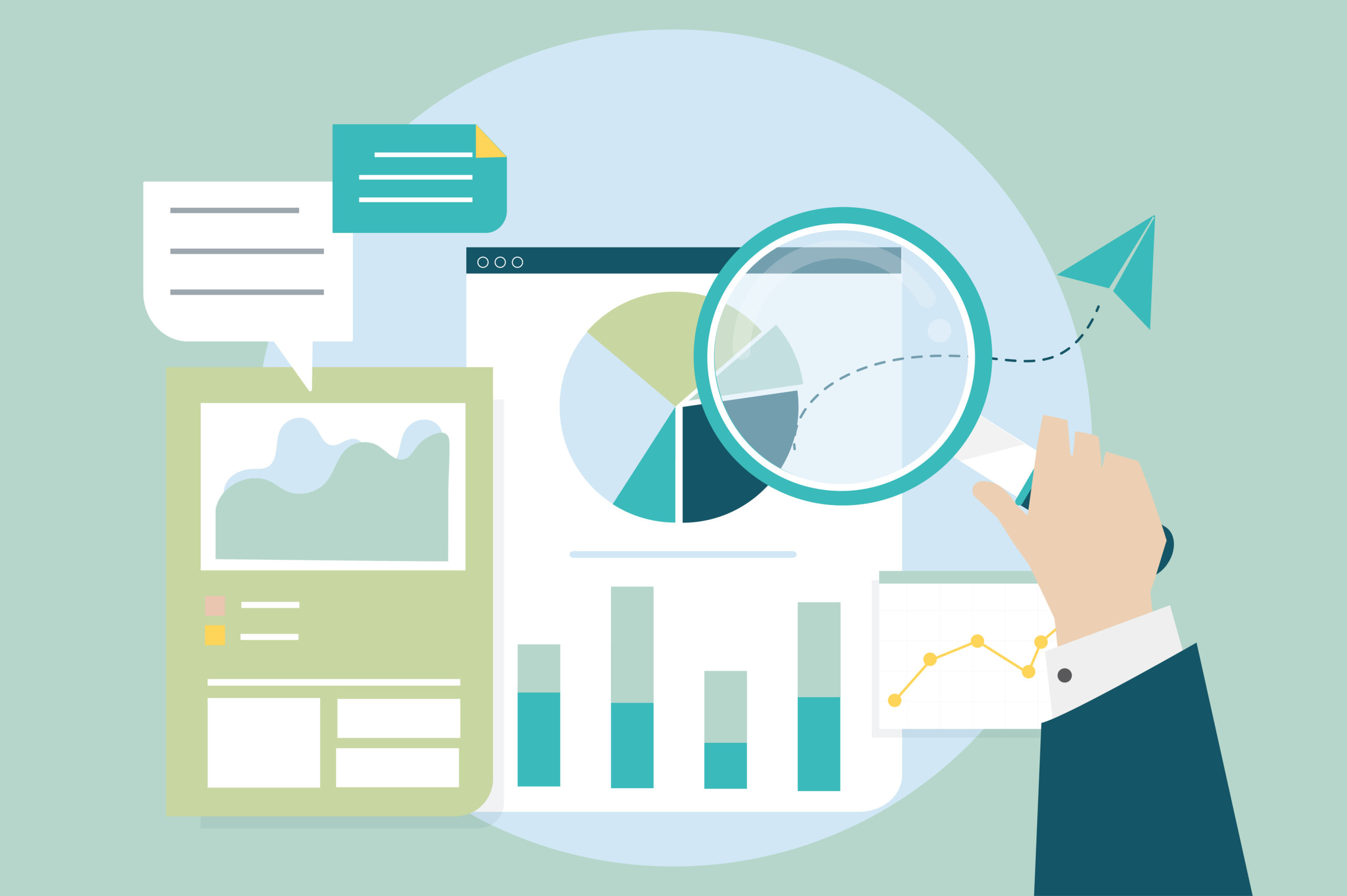SUMA - IBI - CADASTRAL TAX

The annual cadastral tax period for collecting the cadastral tax or the tax levied on owning the property is in full swing.
This is an annual tax if you own property in Spain and is levied in the autumn. Usually around the period August to November. There may be differences per region regarding the period and the levying powers. But in general they are practically the same.
For the province of Alicante, it is the SUMA that deals with the collection of this tax. For Murcia, for example, it is the government itself that does this.
There are several ways to pay this tax. You can pay the tax on the spot at the designated offices of the SUMA or the municipality, you can have the tax paid by standing order, you can pay the tax online at the relevant websites or you can contact the services and have your debit card ready to make the payment. There are also banks that work with the government or SUMA so that you can make this payment through your bank.
In the past, you had to follow up on this tax yourself and owners were not informed about these taxes. The government used to put up posters in local shops and post offices to alert passers-by. But more and more, digitalisation has come into effect here too and owners of properties in Spain receive an email containing information about the taxes in question and the conditions of how to pay them, among other things. Owners are also informed by post but unfortunately a lot of post still gets lost in Spain. So it remains advisable to follow up on this subject yourself every year.
In the case of new buildings, the year of completion means that the constructor is able to settle this tax and only the following year the new owner is able to do so. In many cases, however, we see that in the case of new construction it can sometimes take several years before this tax starts, for example due to the administrative backlog of the registration office.
If you are unable to pay this tax or fail to do so online and miss the deadline to pay, this will certainly not be accompanied by sky-high fines. The interest of a later payment that you can best make on the spot is low because it takes into account the fact that in Spain some things can go wrong in the area of administration and that people in Spain are really more active in the last decade in the administrative follow-up of these taxes.
But if you then have the opportunity to be in Spain, don't wait too long to get this sorted out and have your details checked immediately at the local office to protect you from late payments, you can also have an automatic payment order drawn up (this is also possible with a foreign account number).
To make your outstanding paymentonline via the SUMA website (which you can also consult in English), it suffices to use an already existing SUMA ticket (may be one of the previous years). On this note you will find the information you need to log in. On the website itself you will find a lot of information that will help you further.
If you have not received a message or letter from the SUMA, you can always request a copy via the helpline 0034 965 292 000 (English help available) or via the email address dpd@suma.es. On the website itself of www.suma.es there is also a CHAT function with which you can chat during office hours with someone who can help you further.










Related Posts